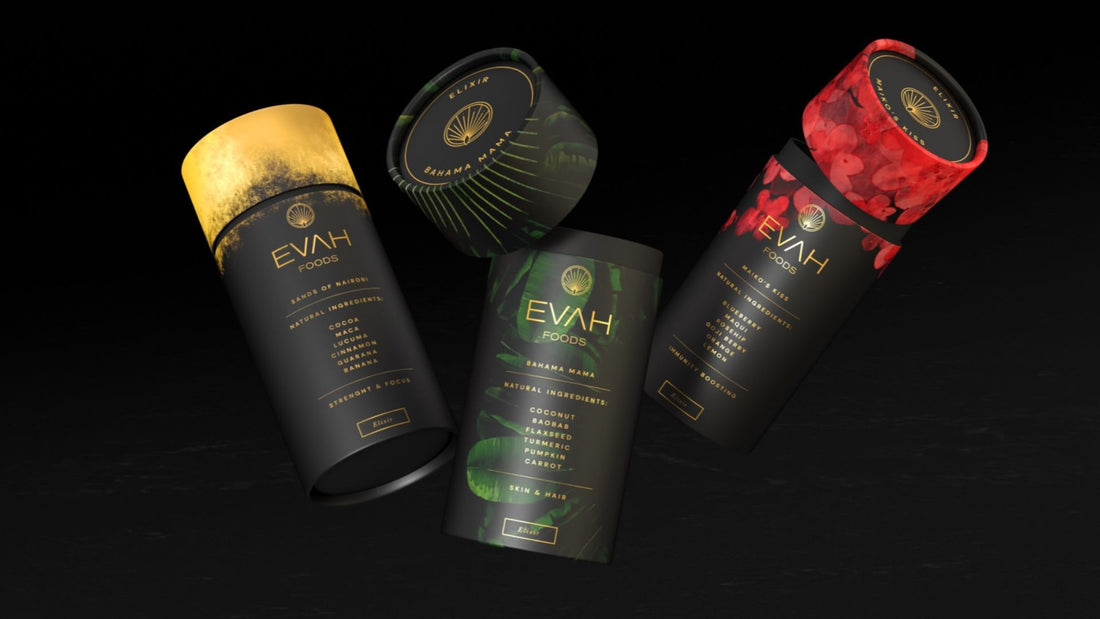
Supplements: What they are, when to take them, and why
Share
Dietary supplements, such as vitamins, minerals, and omega-3 fatty acids, are a popular addition to support well-being, but their proper use may raise questions. What is the best time to take different supplements, which compounds can be used together, and what should be taken separately? In this guide, we answer these questions and provide tips for seasonal use of dietary supplements.
What are dietary supplements?
Dietary supplements, such as vitamins, minerals, and omega-3 fatty acids, are designed to complement the diet and support health. They contain nutrients that can help ensure adequate intake in situations where the diet alone does not meet daily needs. However, dietary supplements do not replace a varied diet.
When to take which dietary supplement?
In the morning:
- Water-soluble vitamins, such as vitamins B12 and C, provide energy and are therefore best taken in the morning. Vitamin B works best when taken before breakfast.
- Trace elements, such as selenium, iron, zinc, and iodine, are also recommended in the morning or at lunchtime.
At lunchtime:
- Fat-soluble vitamins, such as vitamins D, E, and K, as well as omega-3 fatty acids, are best absorbed when taken with a fatty meal.
In the evening:
- Magnesium relaxes the body and helps improve sleep quality, so taking it in the evening is recommended.
- Probiotics are most effective on an empty stomach before bedtime, allowing them to calmly balance the gut microbiota overnight.
What can be taken together and what cannot?
Interactions between dietary supplements can affect their absorption and benefits. Here are some points to consider:
- Fat- and water-soluble vitamins should be taken at different times. However, vitamins D, K, and C, as well as magnesium and calcium, can be taken together as they support, among other things, bone health.
- Iron: Take iron supplements separately from other trace elements. Avoid taking iron with coffee or tea, as they can interfere with iron absorption.
- Zinc: Zinc is recommended to be taken at a different time than other supplements. For example, with lunch, but two hours apart from other vitamins. Glycinate-form zinc is gentler on the stomach and reduces the risk of nausea.
- Herbal preparations: Herbal preparations should be separated from trace elements, except if they are herbal trace elements that can be taken simultaneously.
- Iodine: Iodine is best taken on an empty stomach with water about 20–30 minutes before eating. Dairy products weaken the effect of iodine, and iodine should also be taken separately from vitamin C, which can neutralize its effectiveness.
Seasonality: Which dietary supplements are suitable for different seasons?
The seasons affect the need for dietary supplements, and to support the body's well-being, it is important to consider these variations. Listen to your body and choose supplements according to your own needs:
Autumn and winter:
- During the flu season, it is especially important to ensure adequate intake of vitamin D, zinc, iron, vitamin B12, vitamin C, and vitamin E.
- In Finland, vitamin D is needed year-round, but its importance is emphasized during the winter months.
In spring:
- Spring is a good time for body cleansing, and many prefer detox cures at this time of year. Vitamin D is also still necessary.
Summer:
- In summer, many get the necessary vitamins and trace elements from fresh foods and sunlight, so the need for supplements may decrease. However, magnesium is a popular supplement especially for active exercisers.
Dietary supplements, such as vitamins, minerals, and omega-3 fatty acids, can effectively support the body's functions when taken at the right time and combined properly. It is also important to consider individual needs as well as the seasons, which affect the body's well-being. If you use medicinal products alongside dietary supplements, always check their compatibility with a doctor.






